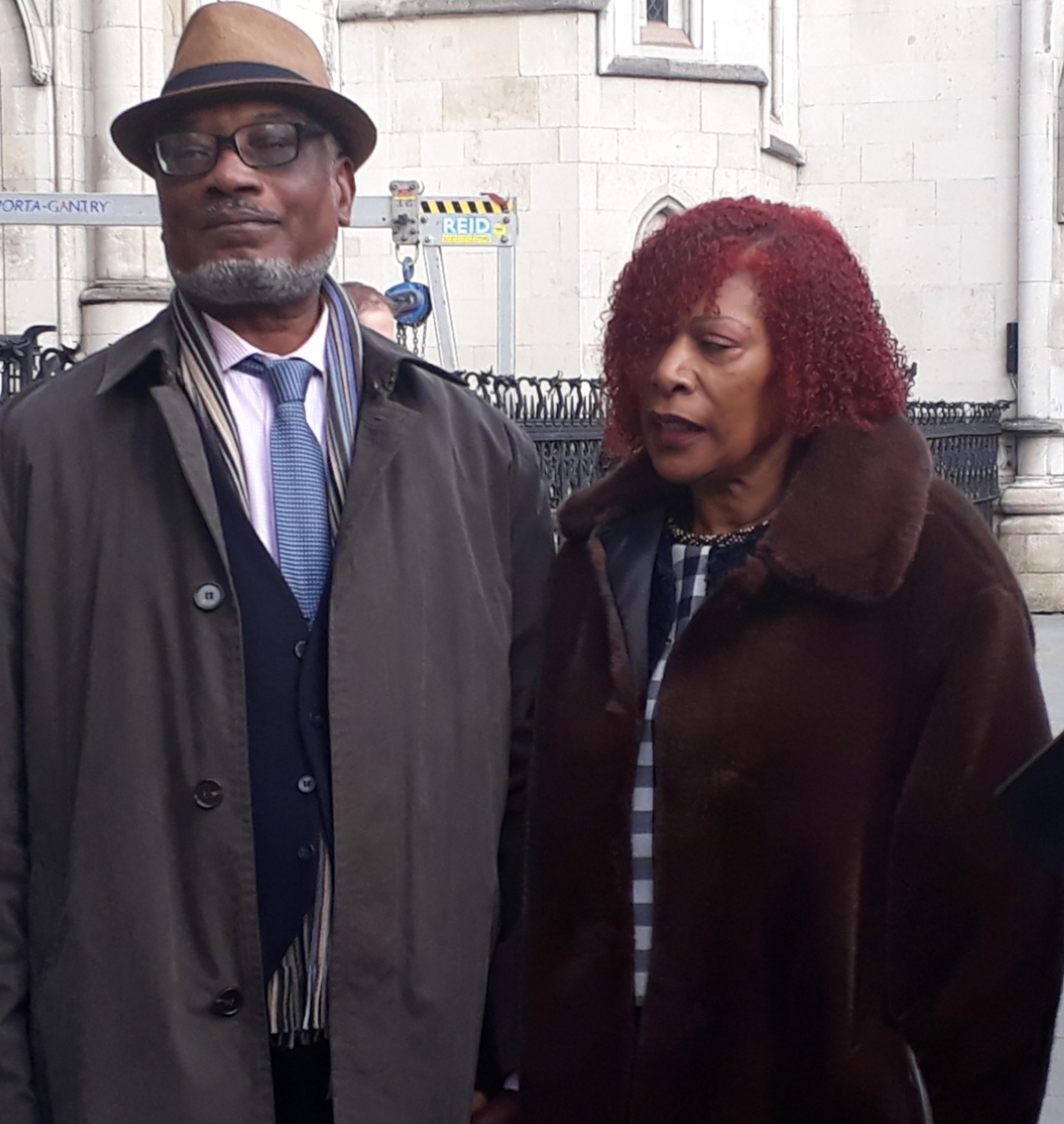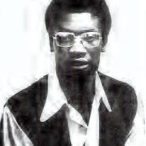At the Court of Appeal on Thursday 18 January, Saliah Mehmet and Basil Peterkinhad their forty-seven years convictions for conspiracy to steal and theft quashed after being fitted-up by DS Ridgewell in the 1970s.
Overturning their wrongful convictions, Lord Justice Holroyde said: ‘A most important matter was not put before the jury which was not then known was that the principal prosecution witnesses were themselves engaged in the very same criminal activity as that which they alleged against Mr Peterkin and the co-accused. If the jury had been aware of that fact, it would have been very telling.’
He added: ‘It is very unfortunate that so many years have passed before the injustice which the appellants and their families have suffered can be rectified and that the appellants have not lived to learn of their vindication.’
Megan Millar, representing the Crown, said the appeals were not resisted, adding that new evidence ‘undermines the safety of the convictions’.
- You can hear an interview with Winston on the Justice Gap podcast

Winston Trew with his wife Hyacinth outside the Court of Appeal
The two innocent Railway workers at the Bricklayers Arms goods depot had been fitted up in 1977 and sentenced to nine months imprisonment. Both men and their families were deeply affected by this malicious prosecution by the BTP.
Peterkin moved to the USA to escape the shadow of his wrongful convictions but died in 1991.
Mehmet developed a deep mistrust of the police to the extent that after he was robbed as a minicab driver, he refused to report it to police as he considered them untrustworthy. He died in 2021. Both men died without any public acknowledgement of their innocence.
The Court of Appeal was told their barrister, Henry Blaxland KC, that the case reveals two systemic failings by the British Transport Police which have alarming implications.
First, that the BTP had failed to sack Ridgewell in 1973, after serious complaints had been made about his behaviour in the trial of the Tottenham Court Road Two which was stopped by judge, Gwynn Morris at the Old Bailey on 13 April, 1973. He said he could not allow the trial to proceed, citing inconsistencies in the six officers’ accounts of the movements of the defendants on the platform.
Tellingly, he told the court that it was unacceptable that people using public transport in London should be pounced upon by police officers without identifying themselves.
Following that complaint against Ridgewell, his bosses at Transport Police headquarters did not investigate the judges’ complaints but merely moved him from the patrolling the underground to another post.
Still holding the rank of Detective Sergeant, he was chosen to head a ‘significant crime team’ responsible for investigating thefts of the Royal Mail. Now stationed at Force Headquarters CID, he was sent to Clapham goods depot to allegedly observe and catch mail thieves.
Ridgewell was effectively ‘promoted’ following that complaint by a High Court judge. It was following that ‘promotion’ that he fitted-up Stephen Simmons, and with that ‘success’ under his belt, he was sent to Bricklayers Arms where he fitted up Basil Peterkin and Saliah Mehmet.
Complaints about Ridgewell’s behaviour were made by the Waterloo Four, in which the four admitted the offences in signed confessions but denied them in court, saying that violence was used to secure them. Such was the concern that Southwark Juvenile Court rejected the signed confessions and dismissed the police case. A complaint was sent to Detective Chief Inspector Jones of Transport Police’s Victoria Division for an investigation.
The outcome was reported in the Sunday Times on August 5, 1973 that no witnesses provided any evidence of wrongdoing by any of the officers. The father of Errol Gordon also made a complaint to Lambeth Council for Community Relations about the violence inflicted upon his son.
Following his arrest, Texo Johnson, one of the Stockwell Six contacted Brixton Neighbourhood Council, who sent a complaint to Transport Police headquarters on his behalf. Chief Inspector Jones began another investigation with a similar outcome to the previous complaint.
The Sunday Times reported that Inspector Jones said that Texo Johnson did not continue with his complaint. This is not surprising as by the time the BTP got around to do an investigation, he had been convicted and imprisoned, and became despondent.
In 1973, after being released from prison, I made a complaint to the Director of Public Prosecutions about violence and perjury against Ridgewell and Metropolitan police offices. In March 1974, I received a reply informing me that: ‘Having carefully considered all the evidence, I have reached the conclusion that it is not such as to justify the institution of criminal proceedings against the officers concerned.’
Within the space of 18 months, four serious complaints were made about Ridgewell’s use of violence and perjury to secure convictions, but these were ignored by his bosses at Trsansport Police headquarters.
The second systemic failing of raised by Henry Blaxland KC was that after Ridgewell was convicted and jailed for seven years in 1980 and died in prison in 1982, they did not conduct a thorough review of all his cases. Given the fact that he was convicted of conspiracy to steal just three years after he fitted up Basil Peterkin and Saliah Mehmet for the same crime, if an investigation had been conducted, this connection may well have been made.
I suggest that a causal relationship can be made between those systemic failures, and the fates of Saliah Mehmet and Basil Peterkin. Had the BTP investigated Ridgewell’s cases, this new evidence may well have initiated a new hearing at the Court of Appeal and their wrongful convictions quashed long before they died. That same point was made by Lord Justice Holroyde, Vice President of the Court of Appeal, Criminal Division, when he said that this ‘most important matter was not put before the jury which was not then known was that the principal prosecution witnesses were themselves engaged in the very same criminal activity as that which they alleged against Mr Peterkin and the co-accused. If the jury had been aware of that fact, it would have been very telling.’
There are now two calls. The first is that it should be a mandatory review of all their cases when a police officer is convicted of dishonesty and imprisoned.
Second, considering the four decades of systemic failings identified above, an independent investigation into the failures of the British Transport Police should be conducted and evidence taken from those maliciously prosecuted by Ridgewell’s actions.
Following Thursday’s judgment, many more of Ridgewell’s maliciously targeted victims may well come forward.







